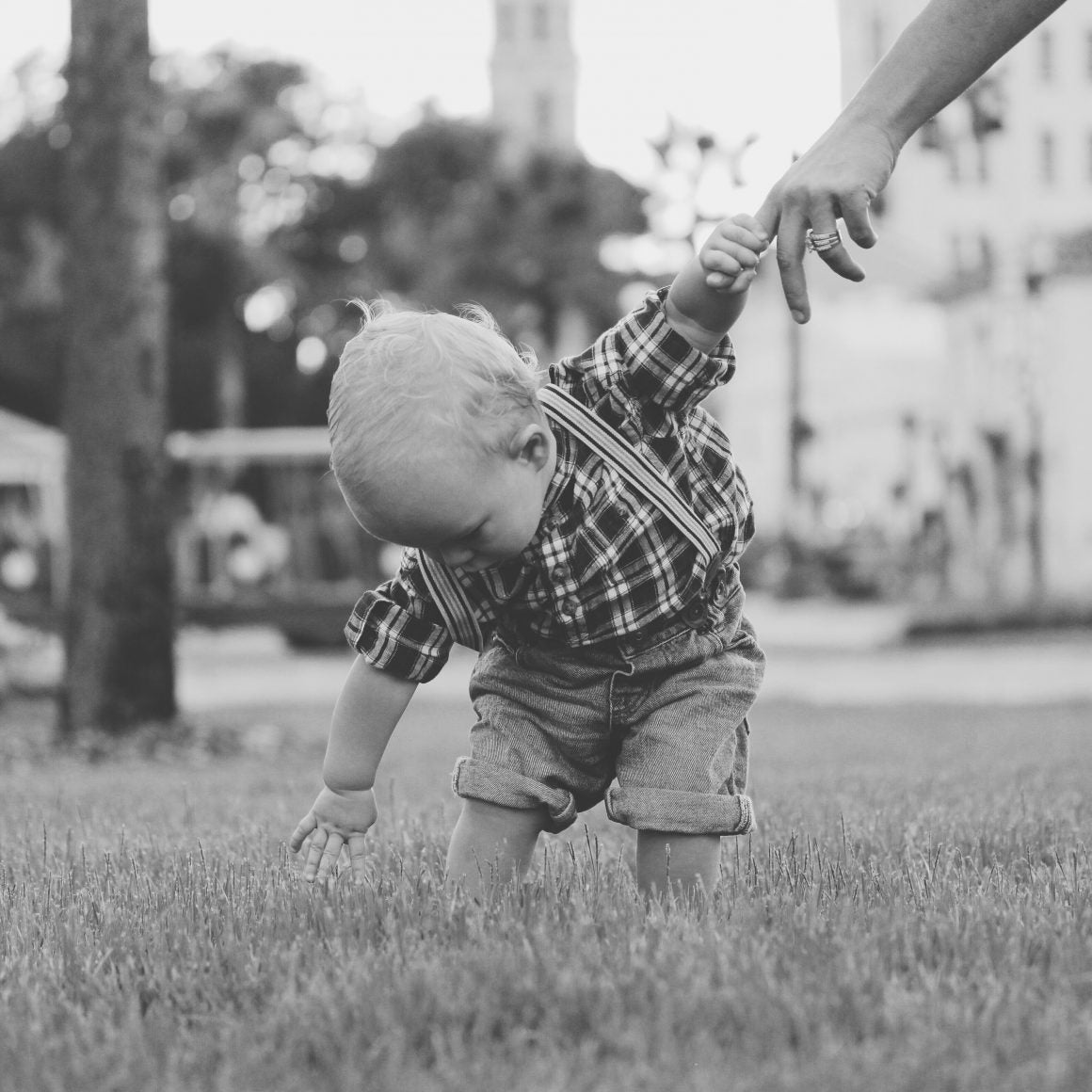
I’ve just read an
article by Hadley Freeman about attachment parenting, and it makes for interesting reading. I will be the first to admit – attachment parenting is a messy subject, actually, all parenting discussion is messy. Same thing goes for education discourse, things get complicated, fast. I thought I would pick up on a few points, though, with a view to moving things forward.
First things first, I believe the Sears definition of ‘attachment parenting’ is dated, and I do not personally identify with it. As Hadley points out, Sear’s was coming from a patriarchal place. Let’s leave his definition in the 20th Century, where it belongs, and instead refocus on where attachment parenting currently fits, amongst intersectional and third wave feminism.
Early on in the article comes the line: “this is the approach of the moment, just as Gina Ford’s more scheduled method (strict bedtimes, an unbreakable routine) was a decade ago; to a certain degree, it is the reaction of a new generation of parents against Ford and her ilk”. So, is attachment parenting a reaction against Gina Ford et al?
Yes and no. In my experience, attachment parenting isn’t a reaction, as such. The majority of parents that I know who relate to attachment parenting, actually found the name after they were parenting in that way, not before. They didn’t research ‘parenting methods’ and then pick one, they were already parenting in an ‘attachment parent’ type way before they new it even had a name. They were doing what felt right to them in terms of listening to and meeting the needs of their baby.
However, once these parents realised that their behaviour towards their baby was not the social norm, they then sort out to find out why, and if they were alone. In doing so, they came across parenting theory, which included discovering attachment parenting
and Gina Ford.
The problem with Gina Ford is that she represents a very authoritarian, oppressive parent child model. Attachment parenting gives people a voice, agency and personhood from birth. Gina Ford promotes a view that babies are the property of the parents, and encourages parental domination in the parent/child relationship. In terms of intersectional feminism, that is a very big issue.
Which leads us on to the anti-intellectionalism/anti-science claim made about attachment parents in Hadley’s piece.
In my experience, the absolute opposite is true. Attachment parents discover attachment parenting via critical thinking. They are questioning social norms to do with parenting – that are historically rooted in oppression – and looking to find out whether there is any evidence based justification for them. For me it has triggered intellectual consideration of whether it is ‘natural’ for young people to be subjugated to adults, and why and how that subjugation is socially constructed. Is there any good reason why I, as an adult, shouldn’t respect and listen to a child?
We live in a society that still refuses to accept that hitting a child is wrong, as we once refused to accept that hitting a woman was wrong, and demand scientific evidence to prove so. We refuse to provide full protection under the law for children to be free from being hit in their homes by their parents. The second class citizenship of children is so deeply entrenched in our mindsets and belief systems, that we have to provide scientific research to defend the view that isolating a person in room, distressed to the point of vomiting, is wrong, because on the basis of their age, people feel that it is acceptable and justified and some call it sleep training.
Is there an attitude of enlightenment amongst attachment parents as claimed in Hadley’s piece? I would say that feeling comes with time – the more time you experience a parent child relationship that is based on respect, trust and empathy, the more enlightened you feel about the importance of children’s rights, and aware of the normalised marginalisation and social injustices experienced by young people on a daily basis. It is the same sense of enlightenment that you experience when you realise how patriarchy has impacted society, how racism has impacted society, how sexism, and all other embedded discriminations impact us.
Does attachment parenting offer a set of rules for parents to follow so that they can nail parenting ? No. There are no rules – there is just the persistent intention to care for and respect your child as a person, in a socially just way. It so happens that that care often manifests in behaviours associated with attachment parenting – sleeping with your babies/children, breastfeeding longer than average, slowing down to a child’s pace and gaze, carrying your baby both for comfort and reasons of practicality. But none of these behaviours are essential. In fact, no two families for whom attachment parenting resonates looks the same, because every child is unique, every family member is unique, and attachment parenting is shaped entirely by that.
Contrary to the view posed in the article that a downside of attachment parenting is that it promises parents total control and responsibility over how a child turns out, I would argue the opposite. Attachment parenting is about creating the space for a person to feel respected for who they are, in all their individuality, from birth. The idea is that by experiencing respect, empathy and their voice being heard from day one, a person will not only feel free to be themselves, but also see the importance that all people experience that same freedom.
I do agree with Hadley that parents have never been subjected to so much advice from so many different places as they are now. This to me highlights the state of flux the parent/child relationship is currently in. We are evolving beyond patriarchal models of the family – and by patriarchal I mean family models in which adults hold dominant roles and children submit. But the transition is a messy one, complicated by many factors such as other social constructs that act as barriers to family members feeling respected, and that their needs are being met.
Hadley states that “there are times when attachment parenting seems to have made some women feel worse” and in this we are in agreement, although perhaps for different reasons. Parenting in a respectful and empathetic way can be triggering to parents. It can result in deep reflection of their own experiences in childhood and relationships, which may cause discomfort and identify trauma that had previously been hidden. It also highlights the very problematic nature of our society’s relationship with children, for example the issues with developmentally inappropriate institutional, industrial models of childcare and education that negate children’s rights. The experience of attachment parenting highlights how ill suited our society is for families to care for each other, and how poor work life balance can be.
Our society is not built to afford respect and personhood to young people – in the same way that it once wasn’t/still isn’t built to afford respect and personhood to women.
There was resistance to women’s emancipation, and there is resistance to the emancipation of children. The idea of sharing privilege can be perceived as inconvenient and threatening. It requires people to confront uncomfortable truths. We are in a position where we need to reconstruct our social norms and institutions to be inclusive of the youngest members of our society, and that is essential but painful and tiring work. Attachment parenting makes parents aware of the issues that we face. But if we want to create positive social change, I think that’s a good thing.
Read more from about Sophie’s creative thinking for a fairer world at her
personal blog
 I’ve just read an article by Hadley Freeman about attachment parenting, and it makes for interesting reading. I will be the first to admit – attachment parenting is a messy subject, actually, all parenting discussion is messy. Same thing goes for education discourse, things get complicated, fast. I thought I would pick up on a few points, though, with a view to moving things forward.
I’ve just read an article by Hadley Freeman about attachment parenting, and it makes for interesting reading. I will be the first to admit – attachment parenting is a messy subject, actually, all parenting discussion is messy. Same thing goes for education discourse, things get complicated, fast. I thought I would pick up on a few points, though, with a view to moving things forward.



